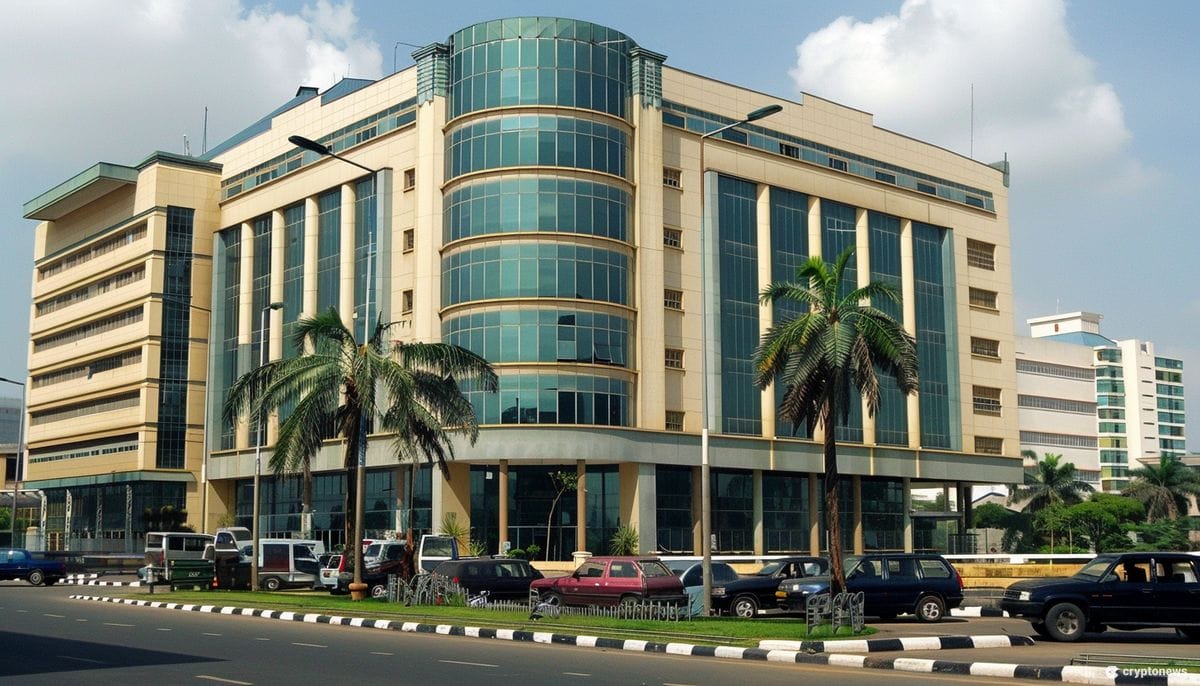Nigeria’s Securities and Exchange Commission (SEC) recently introduced the Accelerated Regulatory Incubation Program (ARIP), requiring all Virtual Asset Service Providers (VASPs) to establish physical offices in Nigeria. This initiative aims to streamline the registration process for VASPs ahead of the forthcoming Digital Assets Rules, with a focus on compliance and investor protection. VASPs must report customer complaints and emergent risks, commit to SEC inspections, audits, and monitoring, and operate under the ARIP framework until digital asset regulations are finalized.
In line with the ARIP requirements, VASPs must have their CEO or managing director residing locally, establish operational readiness with live customer support, and express readiness to apply for full registration once the necessary rules are in place. Products or services offered by VASPs should address industry challenges or provide significant consumer benefits while ensuring investor safety. This framework applies to entities operating in Nigeria or offering services to Nigerian consumers, covering platforms that facilitate digital asset offering, trading, exchange, custody, and transfer.
VASPs enrolled in the regulatory incubation program are subject to specific restrictions, such as bans on guaranteeing financial returns in promotions and limits on client onboarding. The incubation period lasts for one year, after which entities must seek full registration or cease operations if they do not meet eligibility criteria. The SEC has the authority to terminate participation in the incubation process if firms fail to maintain eligibility, breach conditions, deviate from their implementation plans, or neglect to apply for registration or submit a discontinuation notice in time.
Applicants for the ARIP must provide detailed implementation plans outlining business models, objectives, risk management frameworks, and communication strategies, along with plans for concluding the incubation period successfully. Application requirements include a sworn statement confirming no fraud convictions, an operational plan, a business model with a clear value proposition, provisions for investor protection, a processing fee of 2 million naira ($1,277), and evidence of the required shareholder funds. Participants in the ARIP are also required to submit trading statistics, financials, compliance reports, and incident reports regularly to the SEC, with penalties for non-compliance ranging from 5 million naira ($3,194) onwards.
Unregistered commercial VASPs in Nigeria are subject to penalties starting at 20 million naira ($12,776), while other digital investment platforms like crypto brokers and advisers may face fines of at least 10 million naira ($6,388). The SEC has proposed amendments to rules governing platforms offering crypto services, including an increase in the registration fee for crypto exchanges from 30 million naira ($18,620) to 150 million naira ($93,000). These regulations aim to enhance oversight and regulation of the digital asset industry in Nigeria while promoting investor protection and compliance within the sector.











